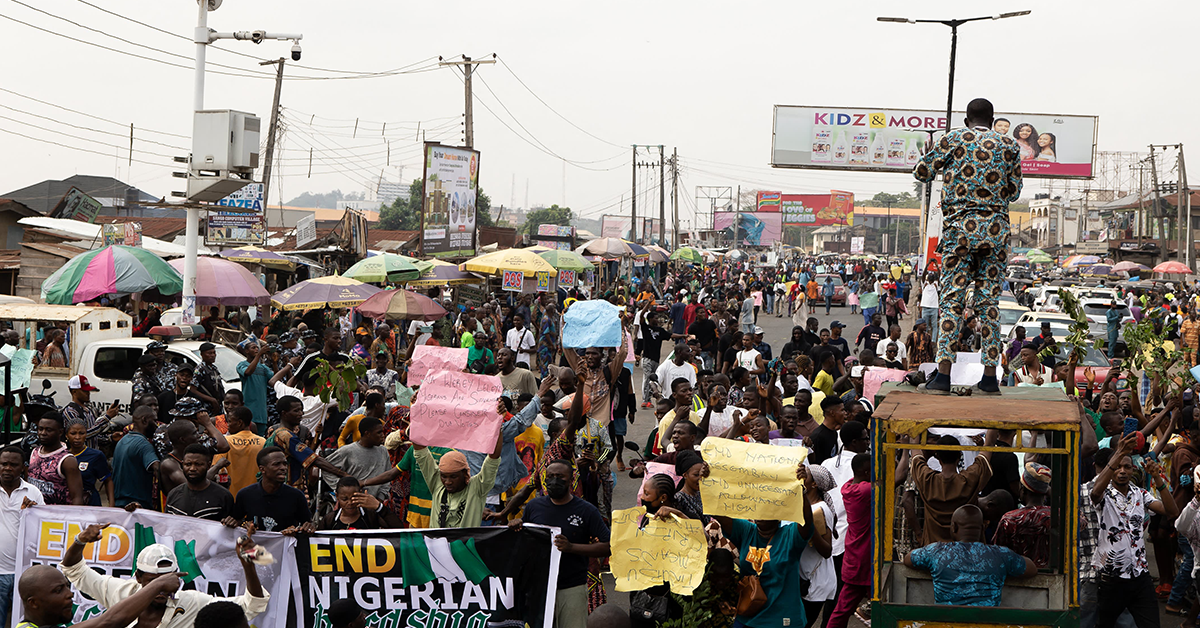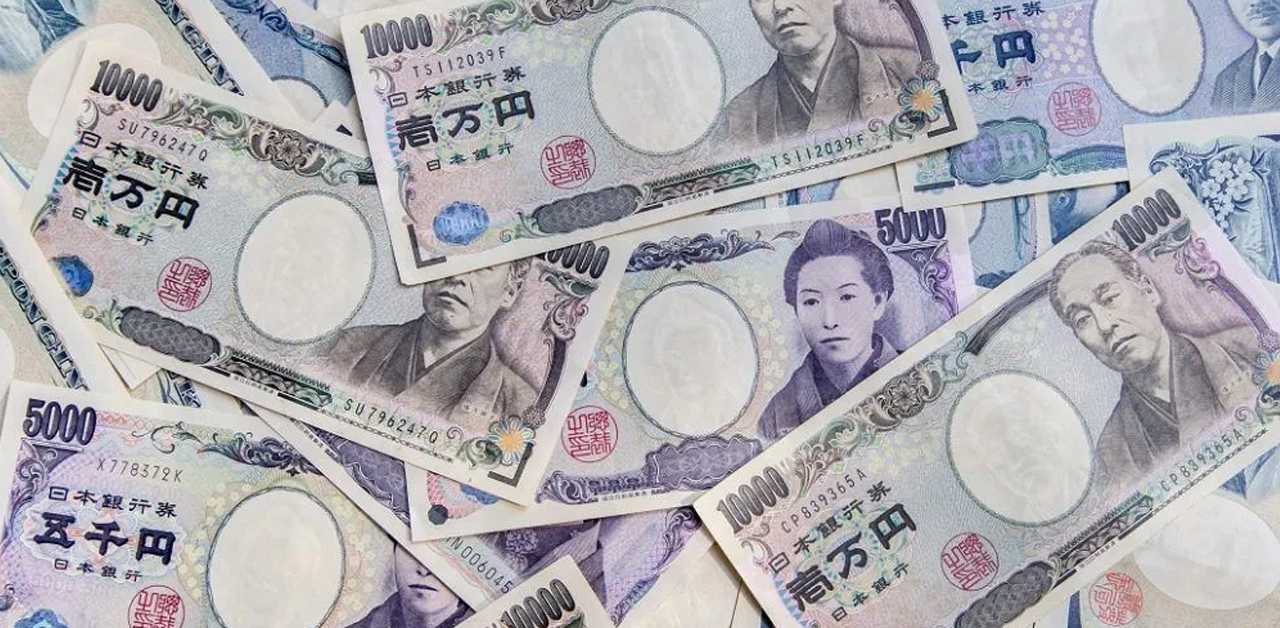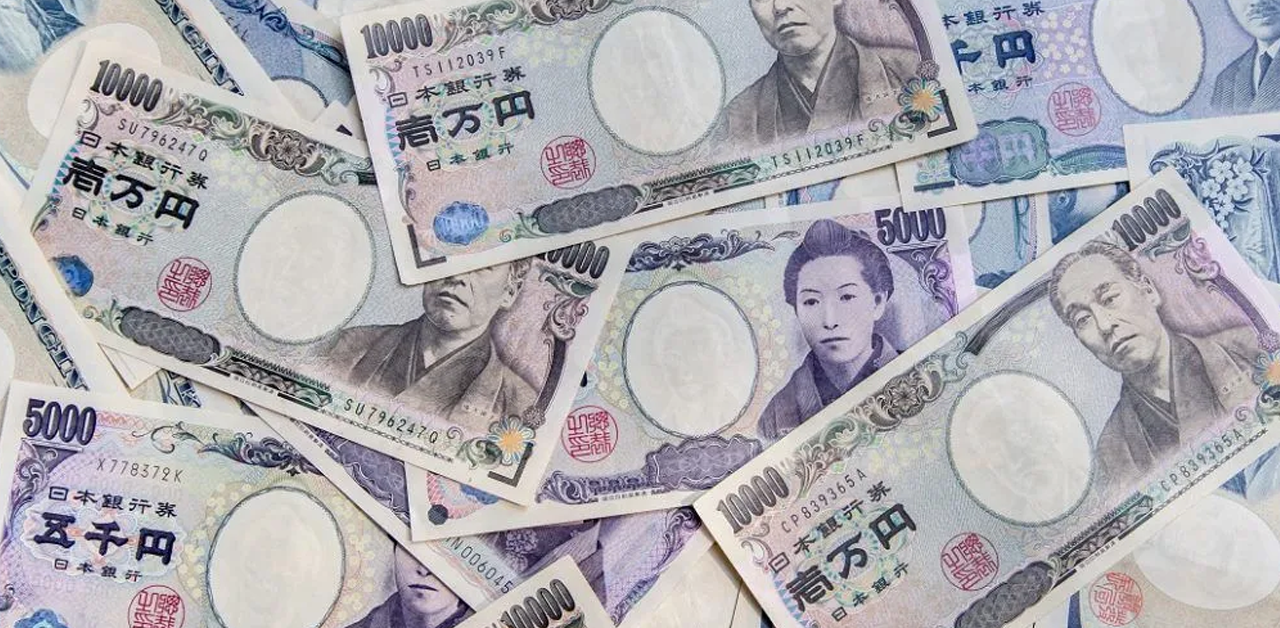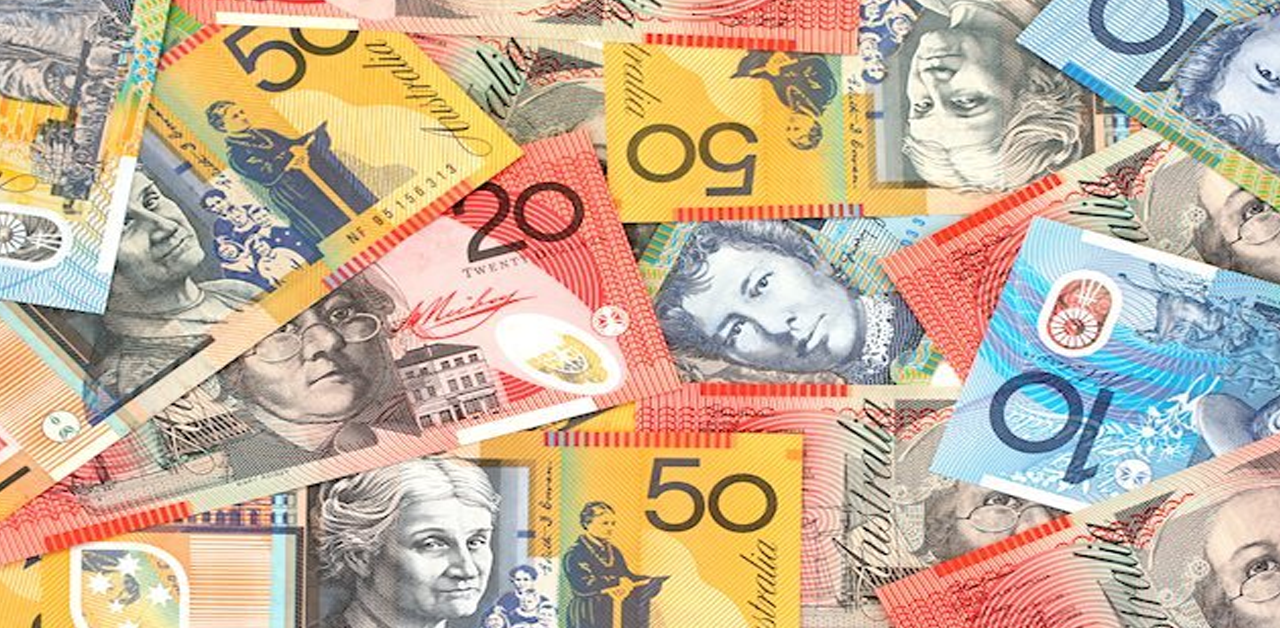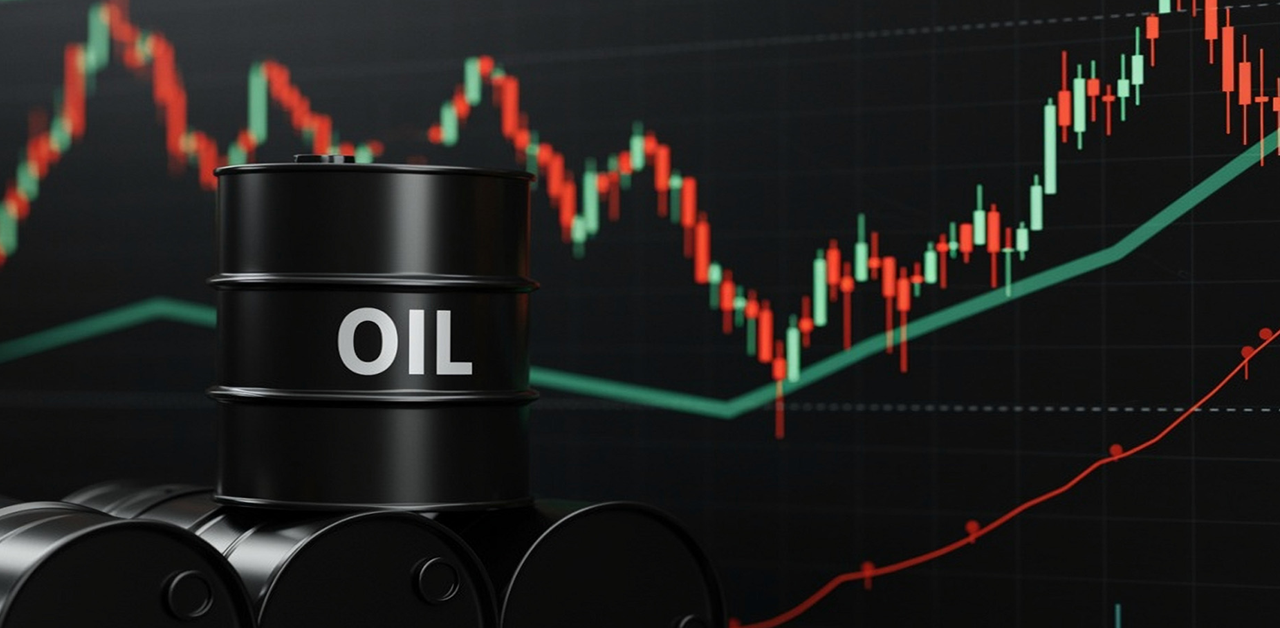Africa’s Biggest Economy Struggles with Rising Inflation and Currency Turmoil
Nigeria is currently grappling with a severe economic crisis, characterized by nearly 30% annual inflation and a rapidly depreciating currency. The Nigerian naira recently hit an all-time low against the U.S. dollar, dropping to nearly 1,600 on the official market, a steep decline from around 900 at the beginning of the year. This situation has sparked widespread protests and public discontent across the nation.
In response, President Bola Tinubu announced plans to raise at least $10 billion to increase foreign exchange liquidity and stabilize the naira. Since taking office in May 2023, the naira has fallen about 70%. Tinubu’s administration has attempted economic reforms, including unifying Nigeria’s multiple exchange rates and letting market forces determine the exchange rate, which resulted in further devaluation.
Foreign exchange controls over the years have created a significant demand for U.S. dollars, exacerbating the situation as overseas investment and crude oil exports, Nigeria’s primary revenue source, have diminished. Pieter Scribante, a senior political economist at Oxford Economics, notes that the weakened exchange rate is likely to increase imported inflation, adding to the existing price pressures in Nigeria.
Nigeria, Africa’s largest economy with a population exceeding 210 million, heavily relies on imports. The rising cost of living and economic hardships have led to nationwide protests, particularly in response to government reforms like the removal of gas subsidies, which resulted in a tripling of gas prices.
Inflation continues to rise, with the headline consumer price index reaching 29.9% year-on-year in January, the highest since 1996. Food prices, in particular, have surged by 35.4% compared to the previous year. The government, in turn, is redirecting funds saved from subsidy removals towards infrastructure investment.
However, the country faces multiple challenges, including high government debt, unemployment, power shortages, declining oil production, and violence in rural areas. Scribante from Oxford Economics warns that excessive market liquidity, currency pressures, and shortages of food and fuel threaten price stability. He anticipates inflation to peak at nearly 33% in the second quarter of 2024.
The Central Bank of Nigeria (CBN) might reintroduce import bans and foreign exchange restrictions to manage the balance of payments. This could lead to domestic product shortages and further inflation. The policy rate, currently at 18.75%, is expected to see a cumulative increase of 200 basis points in the upcoming meetings. Jason Tuvey from Capital Economics suggests that the CBN might opt for a more substantial interest rate hike to 22.75% to restore inflation-fighting credibility.

